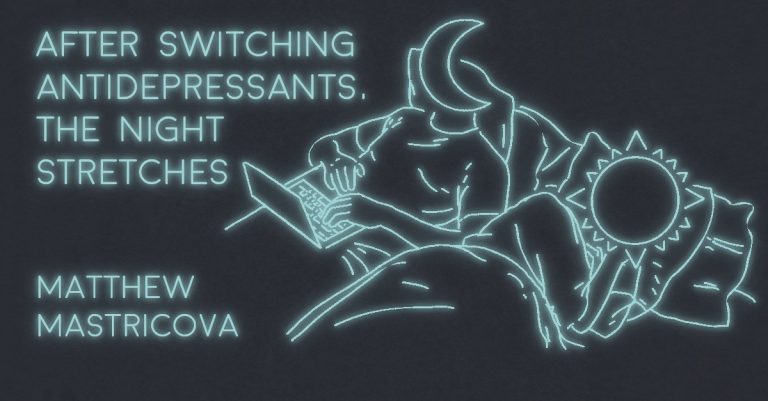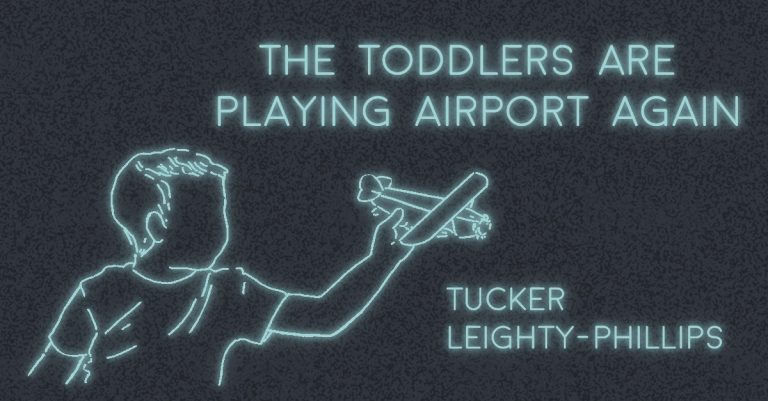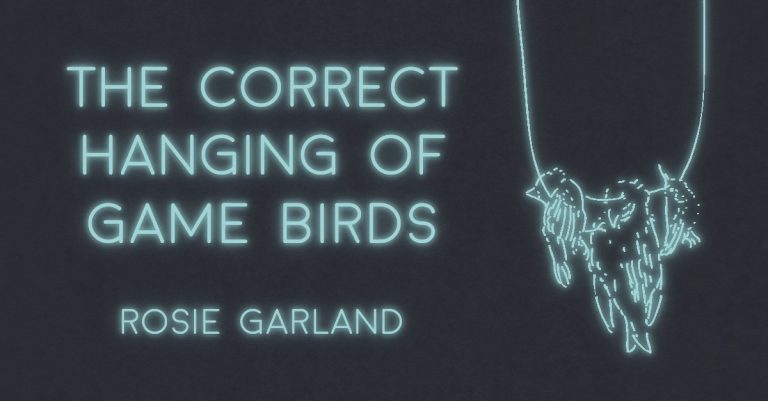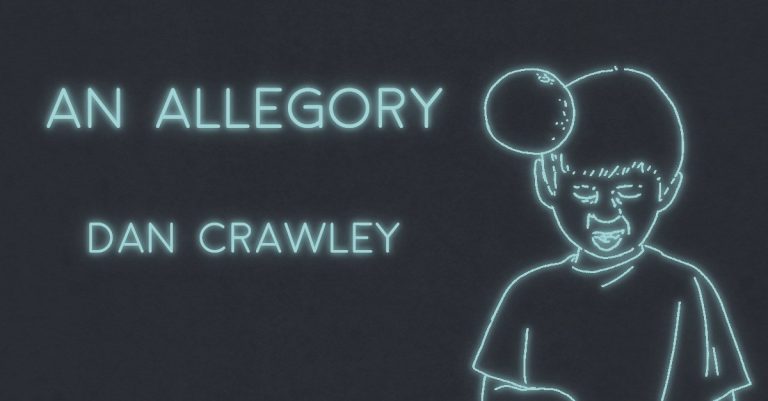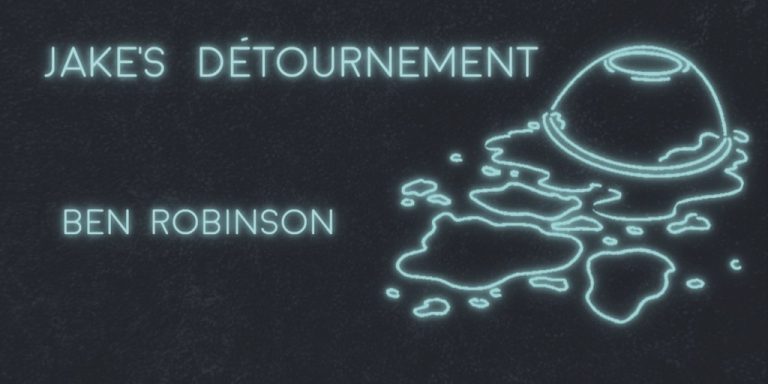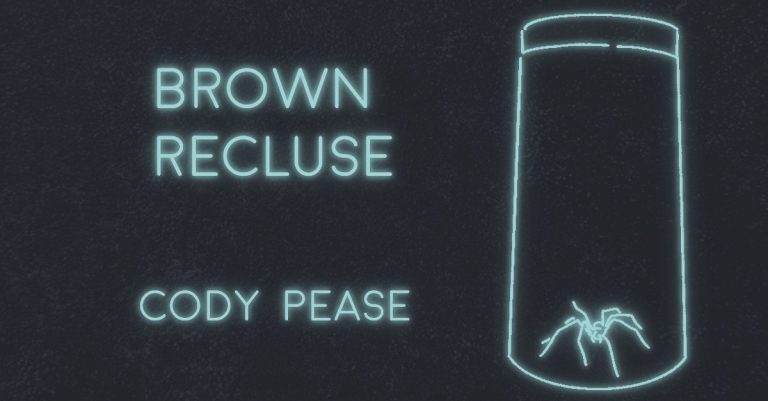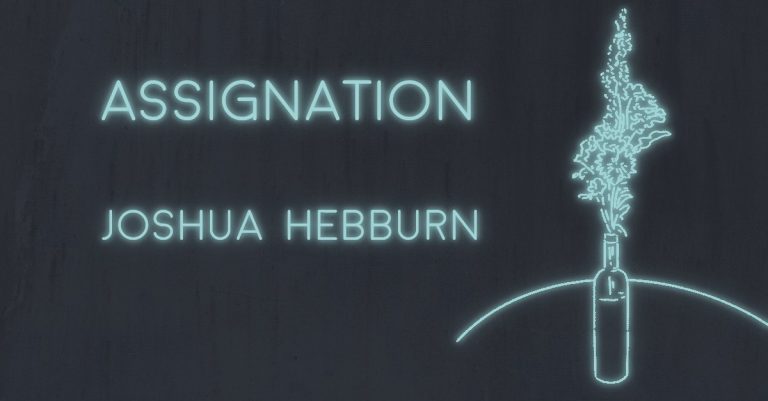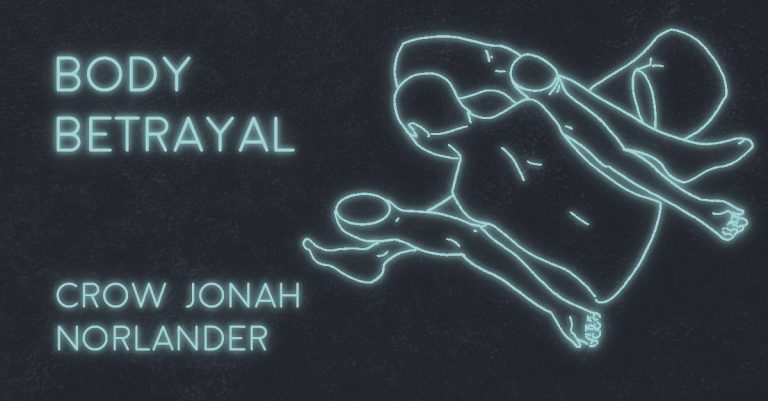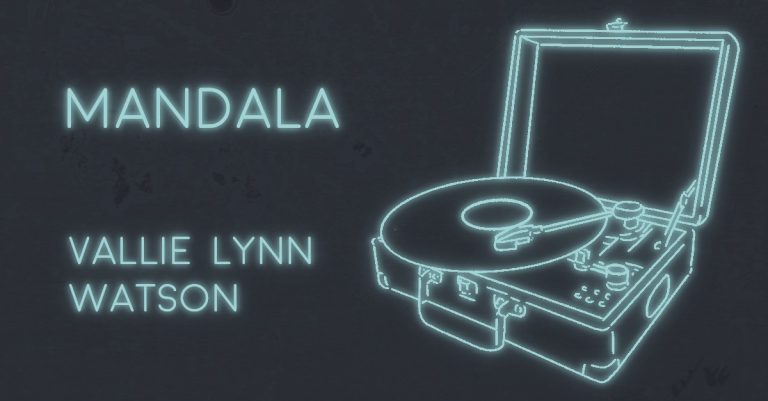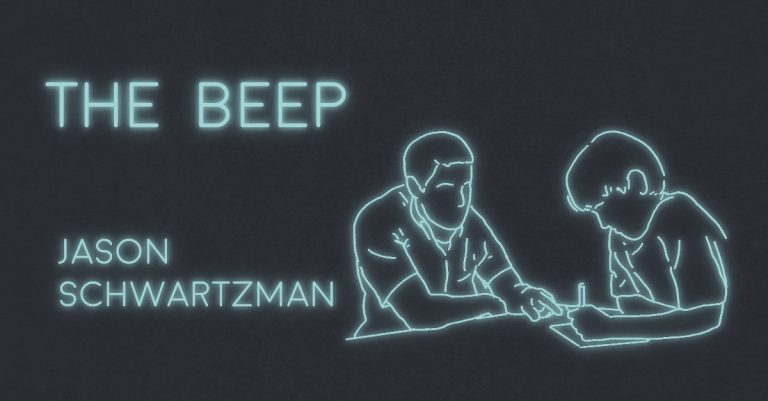
THE BEEP by Jason Schwartzman
I am his tutor and he is trying to tell me about an unknown variable. About X. But he has forgotten that it’s called X. “The mysterious thing,” he says, laughing. I love him for this. I will tell everyone I know about the mysterious thing. During one session we’re in his apartment and I hear a beep. Just one beep. The microwave, probably. “I’m really sorry,” he tells me, tensing up. Sorry for what? It feels like I’m missing something. “Totally fine!” On the walk home I wonder why he was so on edge. Then I forget about it,

